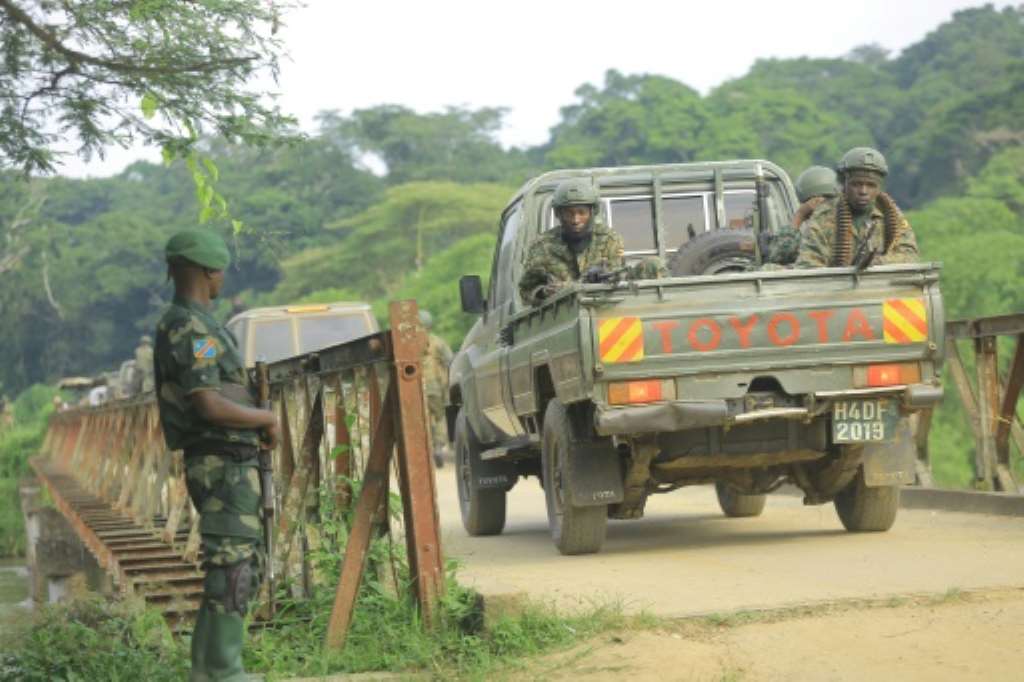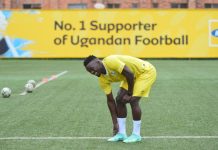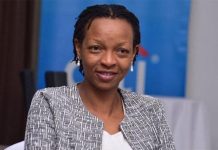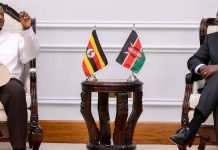Written by Faridah N Kulumba
Africa-Press-Uganda On 13 December 2021, Democratic Republic of Congo President Felix Tshisekedi announced that Ugandan UPDF troop’s presence will be temporary in his country. Vowing to ensure that the presence of Ugandan troops in Congo, where they are fighting an Islamist militant group alongside Congolese forces, was strictly limited to the time strictly necessary for this operation.
Joint forces
Uganda and Congo launched a joint operation this month against the Allied Democratic Forces (ADF), an armed group allied with Islamic State, but have given few details about its scope or expected duration. Joint forces have already conducted search operations in the wake of air and artillery strikes against suspected ADF bases in the forests of eastern Congo in the past weeks, according to both countries’ military.
Hundreds of Ugandan soldiers and dozens of armored vehicles have been seen crossing the border at Nobili since the offensive started on Nov 30.
Biggest imtervation
According to Pierre Boisselet from Kivu Security Tracker, which monitors unrest in the region, the scale of the deployment suggests it is the largest foreign intervention in Congo in over a decade, apart from a U.N. peacekeeping operation
Operation Shujja
Although the Ugandan defense ministry did not confirm how many troops had been deployed, according to two security sources and local media at least 1,700 Ugandan soldiers have so far crossed into eastern Congo to join Congolese forces battling the Allied Democratic Forces (ADF), an armed group aligned with Islamic State under Operation Shujja, which means hero in Swahili.
Uganda’s side of the story
On 10 Friday Uganda said that its troops sent into the eastern Democratic Republic of Congo would stay as long as needed to defeat Islamist militants, with the progress of the mission to be evaluated after two months. A statement issued by Uganda’s Ministry of Defence revealed that the operation would be reviewed after two months to gauge its progress against the ADF.
Spark of the operation
Uganda blamed the ADF for a triple suicide bombing in its capital Kampala on Nov. 16, which killed seven people, including the bombers.
The ADF began as an uprising in Uganda but has been based in Congo since the late 1990s. It pledged allegiance to Islamic State in mid-2019 and is accused of killing hundreds of villagers in frequent raids over the past two years.
The proof
Islamic State has claimed responsibility for some of the ADF’s violence, including the recent bombings in Uganda, but United Nations researchers have found no evidence Islamic State exerts command and control over ADF operations.






